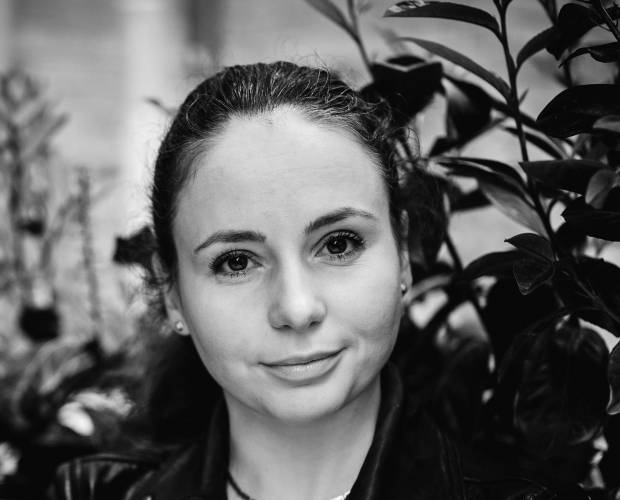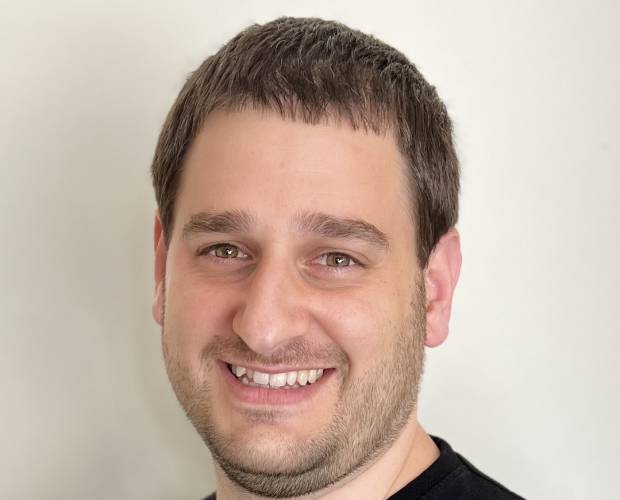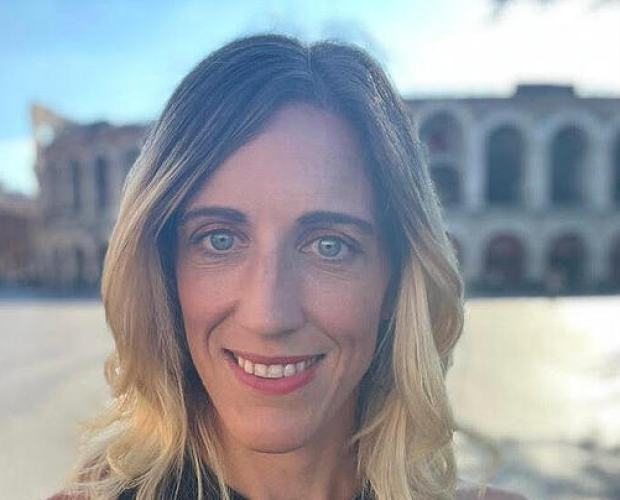Scott Davies, Co-founder and Director of interactive competition company Million 2-1 explains the impact that the new regulatory framework will have on the premium rate services industry
Last weeks decision by ITV to suspend its premium rate services, until it had been audited by Deloitte, was a wake up call for the industry. When you put it in perspective, any other company that turned over 27 million in six months, as ITV has done with ITV Play, would be properly regulated and regularly audited.
Right now, service providers that offer IVR, Red Button and mobile platforms for TV and radio quizzes are wondering how they can continue to offer services now that the microscope of the auditors and what is more the regulators (ICSTIS and OFCOM) has been turned upon them.
The problem is that in an environment of self-regulation, advice on how to properly execute premium rate competitions has been generated from the production companies, telco providers and the broadcasters themselves, and falls well short of a genuine and thorough understanding of the current and future regulatory framework.
For example, some of these services are set up as lotteries, and therefore require a gambling or lottery licence and others are set up as straightforward transactional services. Either way, vital transparency as to the way that these services are executed is low on the programme makers agendas.
Obviously, the priority has been to make good TV or radio shows, and monetise any premium rate channel that is available, as after all, these are commercial broadcasters. In light of the recent fiascos with Richard and Judy, Saturday Kitchen, and Ant and Dec, regulators are struggling to clarify what is, in fact, a very grey area of regulation. More than this, recent events have demonstrated the fact that very few broadcasters and premium rate service providers can conduct their business in a compliant manner that addresses issues of fairness and social responsibility.
At the same time, The Gambling Commission is in the process of introducing an unprecedented array of measures so that anyone that wishes to provide any service based on luck where a financial transaction takes place will need to hold a gambling licence. All of the service providers that run platforms for quizzes on any TV or radio channel will be subject to these new measures, and will be deemed to be operating fraudulently if they do not have a licence. The new law then, will only allow companies to operate that can do so in a fair, compliant and socially responsible manner. The deadline for licence applications is 27 April, and the law comes in to force in September 07.
All of the current problems are easily solvable by the TV companies and their suppliers working harder within existing regulations and the new law. The current problems are caused by two factors. Firstly, most broadcasters and premium rate suppliers do not have access to specialists in the field, nor fully understand gaming laws. Secondly, the most common entry mechanic is a lottery or simple trivia competition mechanic, and in all cases a random element is used to pick the winner. The process of picking the winner is not transparent to consumers, and is an area which is currently open to huge abuse and fraud, as we have seen, creating consumer dissatisfaction and a lack of trust.
Given that the law is changing in six months, and that areas within the current law are grey, there is no risk of prosecution, and many less reputable suppliers are cashing in and trying to make as much money as possible before the law changes. The new law will seek to make clear distinctions between what is a lottery and what is a prize competition. Many of the games and competitions currently in operation will be defined as lotteries. These will therefore be illegal without permits and taken off air.
In summary, the premium rate industry has been dogged by poor clarity from regulators, margin squeezing, and a general priority to make TV or radio programmes with scant regard for observing what laws there are. With the new legal framework laid out by the Gambling Commission, these priorities are about to change so that the way that competitions are executed through compliance and social responsibility is open and transparent.
Moving forward, one of the few options that open to premium rate service providers is to partner with a legally compliant lottery licence holder such as Million-2-1. We have invested a lot of time and money (two years and 1 million in legal fees) and been through considerable due diligence, to obtain a lottery licence. As such, companies like Million 2-1 that gave been through this process have the people, experience and knowledge to legally operate TV and broadcast quizzes with complete visibility of our processes, under a clear legal and regulatory framework. With these priorities, we believe that consumer trust will be restored and broadcasters and service providers can confidently operate lucrative premium rate services.







